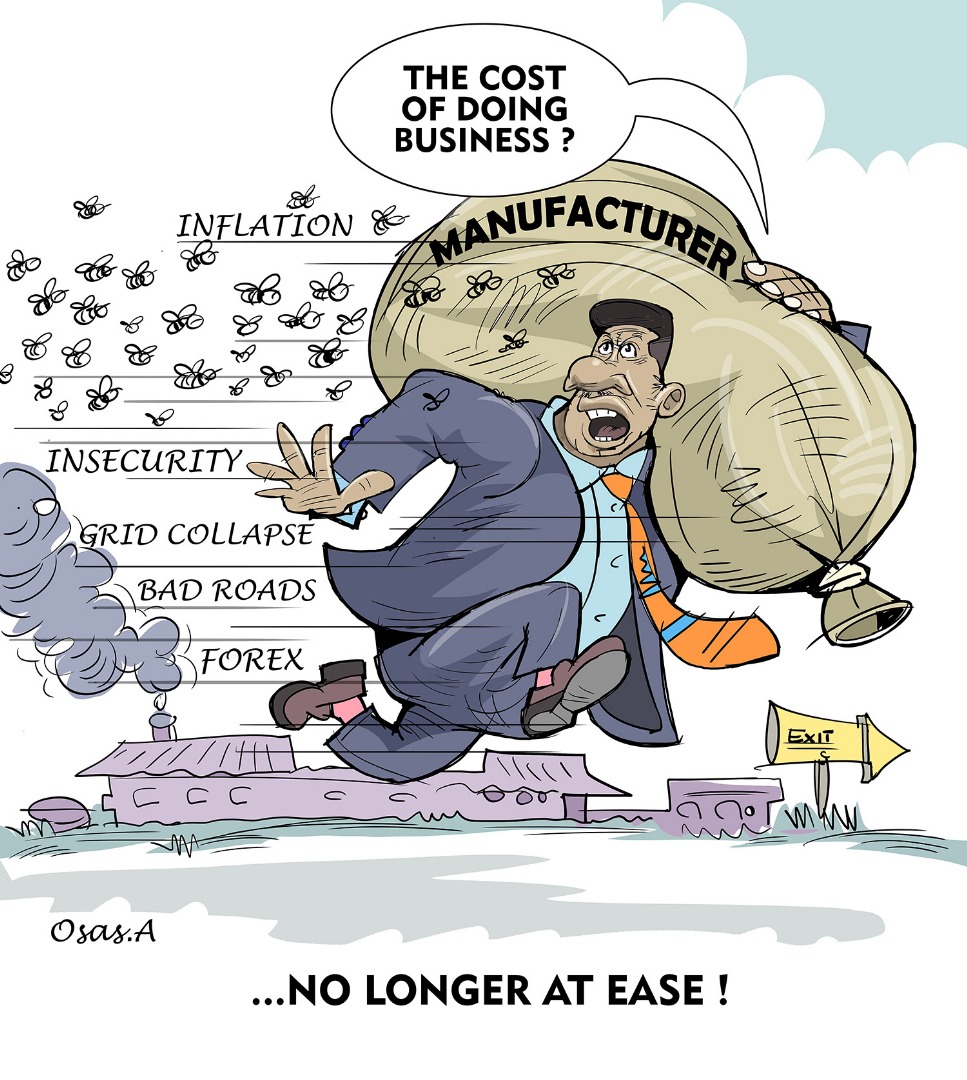Former Governor of Rivers State, Rotimi Amaechi, has shared his opinion on why poverty persists in Nigeria, even as the world observes the International Day for the Eradication of Poverty.
In a post on his official X account on Friday, Amaechi said that the major reason poverty persists in Nigeria is because public resources are not used to serve the people.
“This week, I had a candid conversation with some bright young people from across the country about something simple but powerful: that many of Nigeria’s challenges can be tackled, perhaps even solved, if our public resources serve the people,” he said.
“Poverty in Nigeria persists not because we lack resources, but because of policies and practices that fail to meet the needs of everyday Nigerians. When families are deprived of support and respect, the very foundation of society weakens. Poverty is not just an economic statistic, it is the quiet suffering that fuels social instability and, in Nigeria’s case, deepens insecurity.
“The truth is, I take the issue of lifting people out of poverty very seriously. It is deeply personal to me. As a child growing up in Diobu, Port Harcourt, we were very poor. I lived through the harsh disparity between the rich and the poor during my daily journey to school, passing through the Old GRA, where the rich lived.
“Every day, I saw two different worlds in the same country – from schools and houses to hospitals, electricity, and roads. Even when I started university, I was known as “the boy with one shirt and one trouser,” because that was all my parents could afford.”
Amaechi said these experiences and the often painful memories never left him, which is why, when he found himself in positions of leadership, he kept returning to the same question: how do we build systems that lift people up, and keep them up?
He explained that throughout his time in public office, as Governor of Rivers State and as Minister of Transportation, he made sure that their policies and programmes were centred around everyday people.
“When we built primary schools and healthcare centres in every community, launched free education and healthcare, or localised infrastructure contracts, our goal was simple: to restore dignity and expand opportunity across our communities, not to offer handouts,” he explained.
“The railways that we revived and the maritime reforms that we launched were not just about commerce, they were about providing and safeguarding jobs, and reconnecting citizens to the economy.
“This is why, on this #InternationalDayfortheEradicationofPoverty, as we join the world to recommit to “ending social and institutional maltreatment by ensuring respect and effective support for families,” we must make an effort to look beyond policies and see the people. We must build systems that care, institutions that empower, and governments that treat families as partners in national progress, not as statistics.”
According to Amaechi, development must begin with people-centred policies that put families first, restores trust between citizens and the state, and creates conditions where every child can thrive and succeed in a nation where no family is left behind.
The former governor concluded by saying: “This is how we build a country where public service truly means serving the public. This is how we break the cycle of poverty.”






